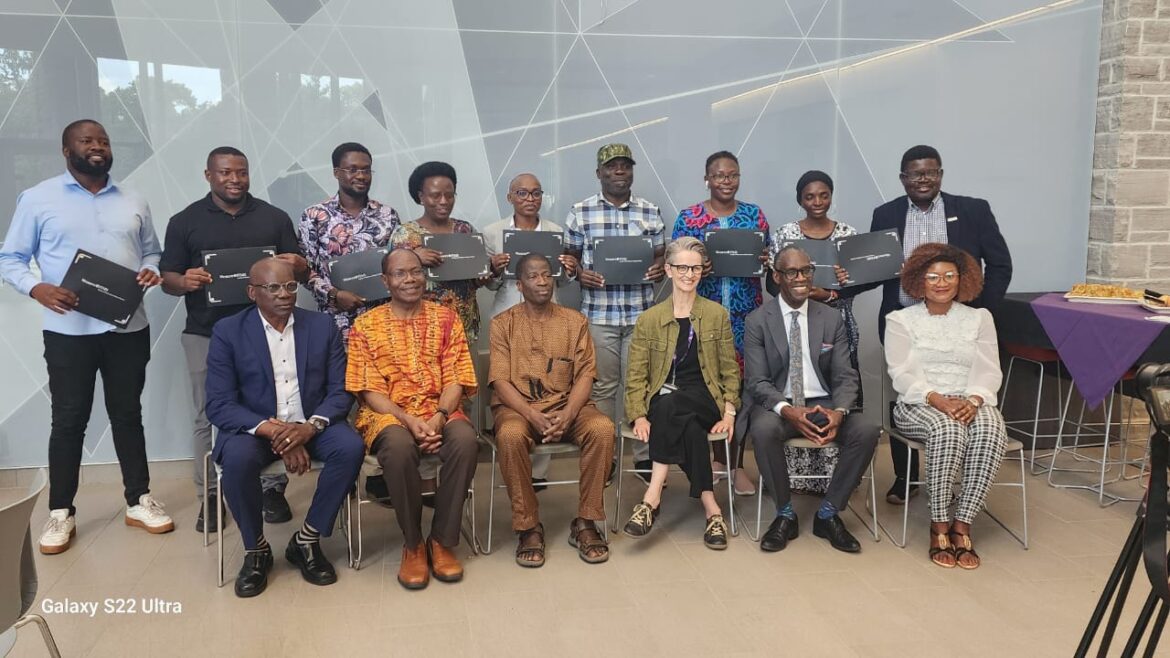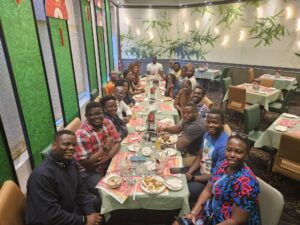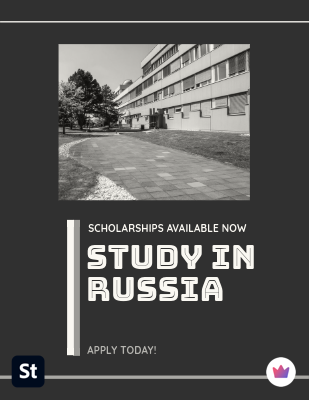Introduction:
Are you an international student looking for scholarship opportunities to further your education in the Netherlands? The Eric Bleumink Fund at the University of Groningen offers a fantastic opportunity through its fully funded scholarship for Master’s programs starting in 2025. Here’s everything you need to know about the Eric Bleumink Scholarship, from eligibility to application process.
What is the Eric Bleumink Scholarship?
The Eric Bleumink Scholarship at the University of Groningen supports talented students from developing countries who wish to pursue a Master’s degree. Funded by the Eric Bleumink Fund, the scholarship covers tuition fees, international travel, subsistence, books, and health insurance for the duration of the study.
Who Can Apply?
This scholarship is available to students from all countries. Ideal candidates are those who have demonstrated excellence throughout their academic career and meet the following criteria:
- Provisional or unconditional admission to a Master’s program at the University of Groningen before February.
- Excellent academic records, supported by letters of recommendation.
- Proficiency in English, meeting the admission requirements of the chosen program.
- Availability to participate fully in the program and in good health.
- Applicants must hold the nationality of a country listed in Appendix 1 and have no other means of financing their studies.
Scholarship Benefits and Duration:
The Eric Bleumink Scholarship is not just any scholarship; it’s a full scholarship that covers all essential costs related to your Master’s study for either one or two years, depending on the program length.
How to Apply:
To apply for the Eric Bleumink Scholarship, follow these steps:
- Visit the official University of Groningen scholarship webpage.
- Apply for a Master’s degree program at the University of Groningen. Ensure your application is submitted by December 1st to allow adequate processing time.
- The University of Groningen’s Admission Office, in consultation with the faculties’ Admission Boards, will nominate candidates for the scholarship.
Conclusion:
Securing the Eric Bleumink Scholarship could be a life-changing opportunity for any ambitious student from a developing country. With its comprehensive coverage and the prestige of studying at a top-ranked university, this scholarship opens doors to both professional and personal growth in an international setting. Make sure your application shines by emphasizing your academic achievements and readiness to contribute to the University of Groningen’s diverse and talented community.
Call to Action:
Don’t miss out on this incredible opportunity. Start your application today and take the first step towards an enriching journey at the University of Groningen! Click HERE to Apply
















 High blood pressure (hypertension) is a common health concern that can increase your risk of heart disease and stroke. The good news is that there are effective lifestyle changes you can make to naturally lower your blood pressure and improve your overall well-being. Here are 5 proven methods:
High blood pressure (hypertension) is a common health concern that can increase your risk of heart disease and stroke. The good news is that there are effective lifestyle changes you can make to naturally lower your blood pressure and improve your overall well-being. Here are 5 proven methods:

